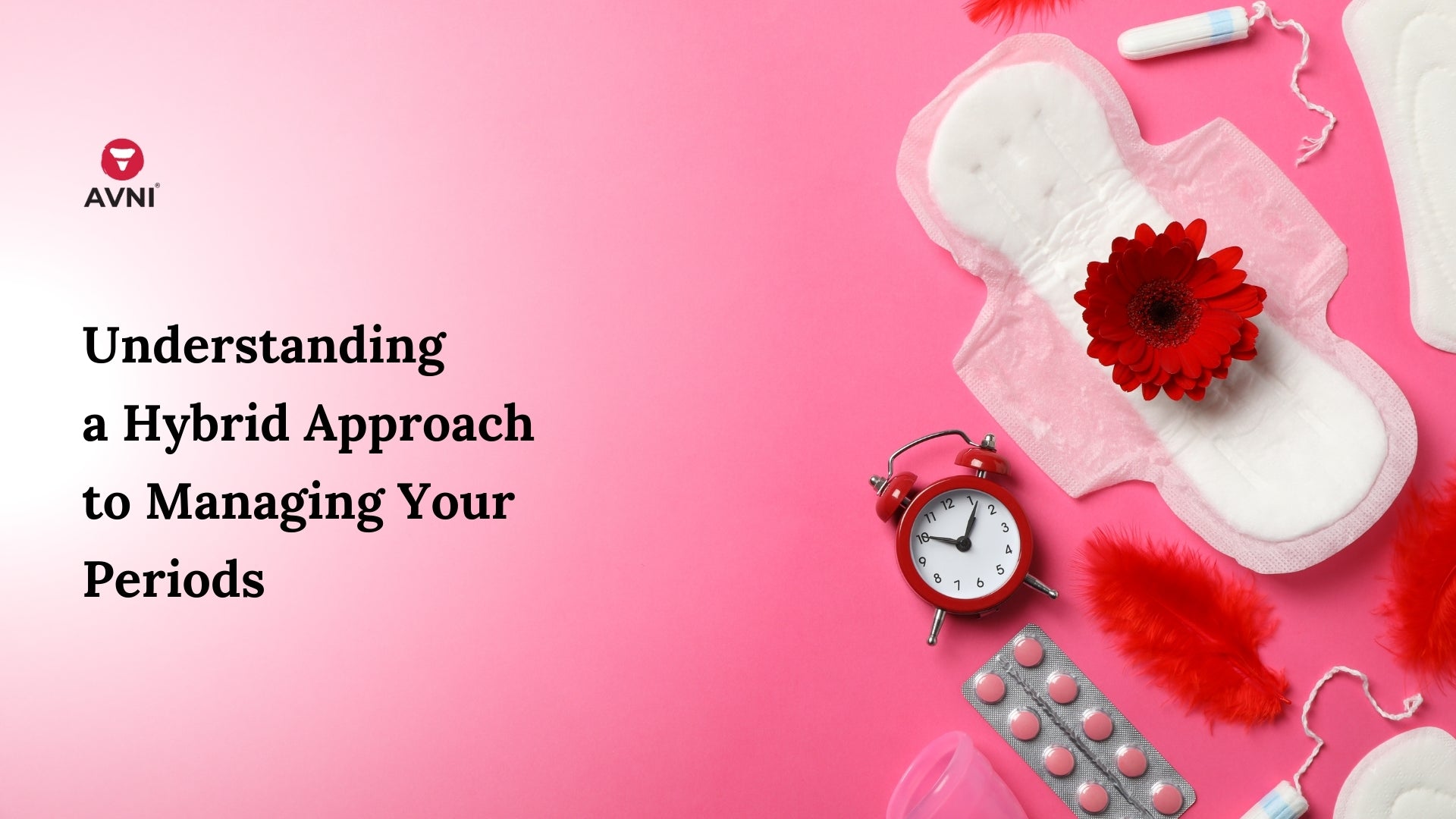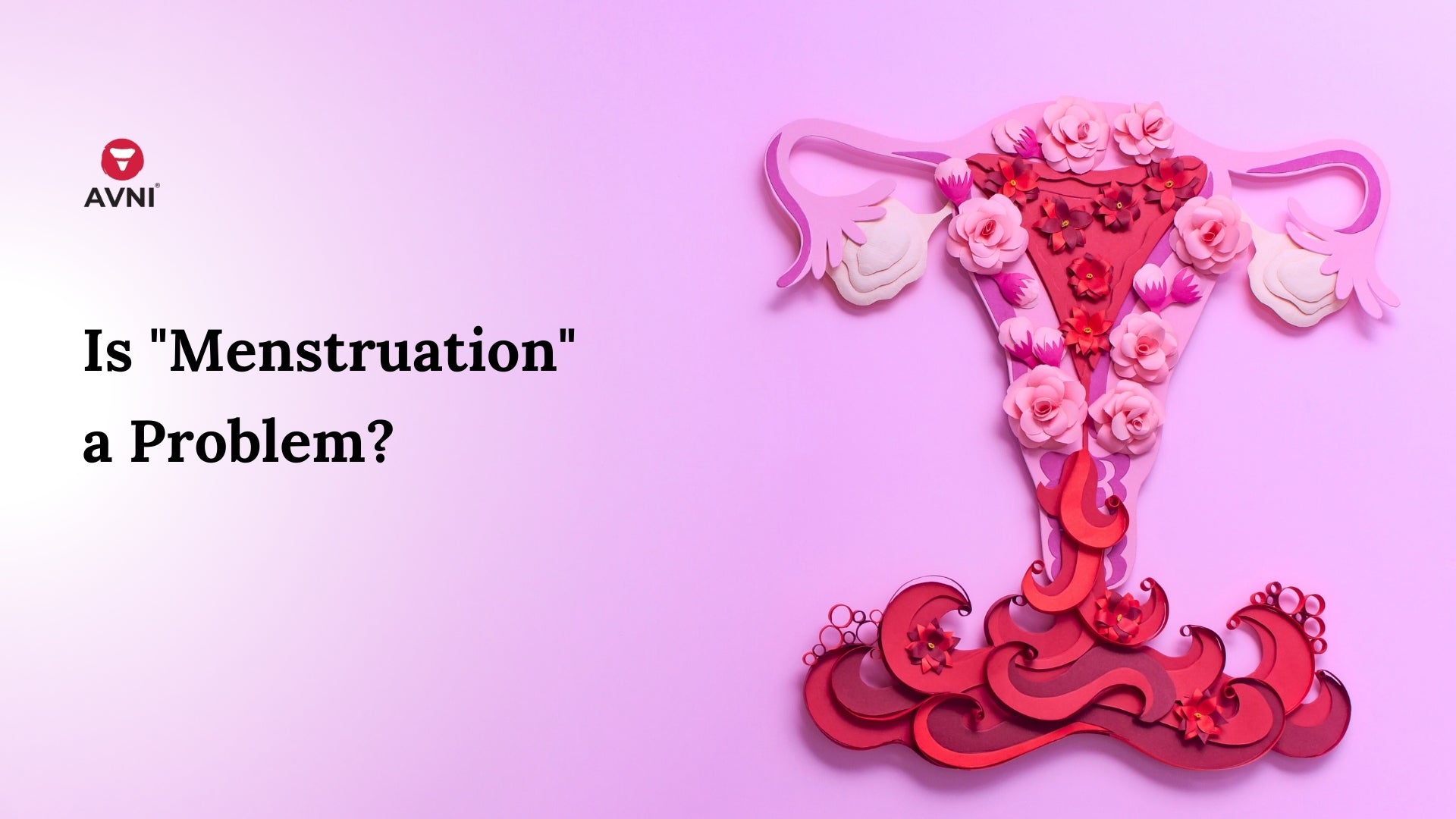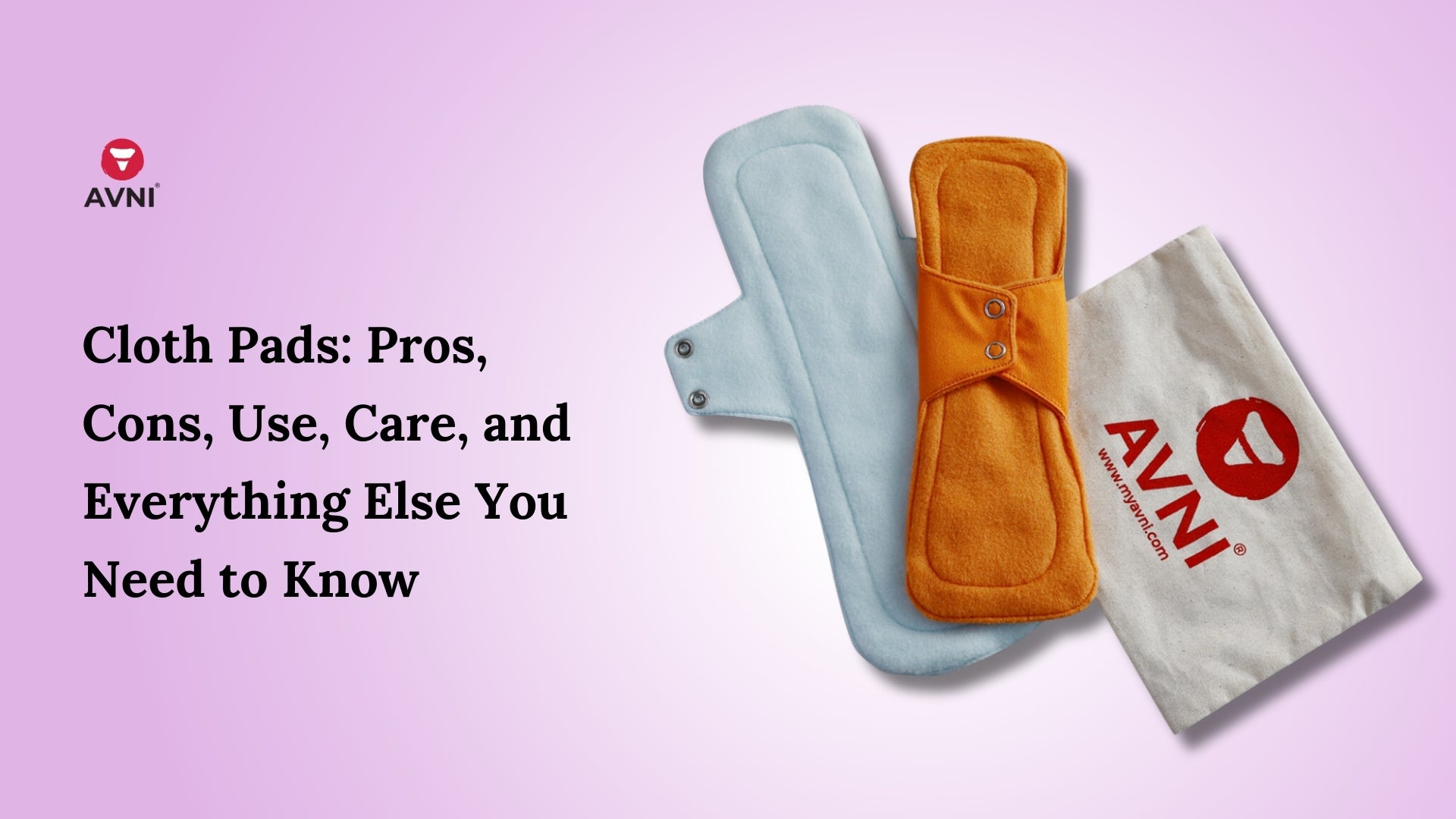
Understanding a Hybrid Approach to Managing Your Periods
A woman's menstrual cycle is a tumultuous one. From menarche on, they quickly realize that achieving womanhood isn't easy. Every cycle takes a toll on her physical and emotional well-being.
PMS may not be the most exciting thing most women have heard of. It is accompanied by symptoms such as aches, cramps, and fussiness.
While bodily changes are one of the first things that every woman notices, only a few will consider how cycles affect ‘her’ lifestyle.
If you're a working woman, you've probably had days when you felt both excited and exhausted. So let us agree that periods can have an impact on your productivity and that the only way to weather the storm is to plan ahead of time and work with your periods.
Let’s start with understanding the ‘flow’
A healthy woman can lose up to 80ml of fluid per period cycle - only if the flow is heavier than usual. The majority of people who have a moderate flow lose about 5ml. Using birth control pills may increase the severity of the bleeding.
You now understand the distinction between normal and heavy bleeding. That leaves only one unanswered question: how do you optimize your period expenses?
The majority of women believe there are only two ways to manage their menstrual cycles. Tampons and sanitary pads. Only a small percentage is aware of or has considered using menstrual cups.
Women believe pads and tampons are the most convenient because they bleed 10ml, 15ml, and 25ml. During the day, pads can absorb up to 5ml of menstrual fluid and become unusable after absorbing about 15ml, which is usually after overnight use. Tampons, on the other hand, can hold up to 3ml of fluid during light flow and reach full saturation when 12ml of fluid is absorbed..
Changing pads or tampons every two hours set off alarm bells. It could be a sign of a gynecological disorder that only a gynecologist can diagnose.
With women experiencing a wide range of menstrual patterns, a more objective approach is required. It must be adaptable, user-friendly, and inexpensive.
The solution = hybrid approach
Menstrual cups and reusable cloth pads are now the expert-recommended options for women. Menstrual cups do an admirable job of managing periods. All that while costing a fraction of the price of single-use pads or tampons, regardless of your spotting schedules or how intense your secretions can be.
They are, however, not one-size-fits-all solutions. They are available in a variety of options to help women get the best of both worlds while still having a trouble-free menstrual period.
While menstrual management products are not new, advancements in technology have enabled women to have access to options that are tailored to their anatomy. Similar to Avni’s new menstrual cups and reusable pads.
They are intended for women who want the freedom to do whatever they want without worrying about taboos or leaks. Above all, Avni's hybrid period management solutions are environmentally friendly and cost-effective. They pay for themselves as you use them.
HMB is reported to be present in 10% to 30% of women. Menstrual volume and population studies were used to make the estimates. HMB affects 5% of women between the ages of 30 and 49. The researchers looked at age, race, lifestyle, and pre-existing conditions like uterine fibroids, endometriosis, and coagulopathy.
Combating High Menstrual Bleeding (HMB)
Hormonal and non-hormonal therapies are two medical interventions that can be used to treat HMB in hemodynamically stable women. Often, the patient's history is thoroughly investigated before therapies are prescribed.
Hormonal therapy
- Oral norethisterone
- Combined oral contraceptive prevents ovulation and stabilizes the endometrium
- Levonorgestrel-releasing intrauterine system helps in birth control and bleeding control
- Injected long-acting progesterone injected over 25 days thins out the endometrial lining
Non-hormonal therapy
To control menstrual bleeding, nonsteroidal anti-inflammatory drugs (NSAIDs) inhibit prostaglandin synthesis.
Surgical methods are another option on the table, but they have some drawbacks. It is forbidden to use on women with -
- Motherhood plans
- Enlarged endometrial lining
- IUD
- Pelvic infection
- Uterine anomaly
The hybrid method of dealing with periods focus on 4 key areas –

Expenses
According to the National Family Health Survey, only 36% (121 million out of 336 million) of Indian women prefer pads, according to a 2016 study. The disparity is primarily due to the inability of many rural and urban women to afford sanitary napkins to ensure menstrual hygiene.
Flow intensity
Women who have a light flow can use regular sanitary napkins. However, dealing with heavy flow necessitates a more robust approach, which is where menstrual cups and reusable pads shine. They are adaptable and help women feel at ease with their menstrual cycles.
Lifestyle
Working women, stay-at-home moms, and athletes are not all the same. They deal with periods in various ways. Menstrual management product selection is heavily influenced by one's lifestyle. Menstrual cups that are discreet and compact are ideal for active lifestyles, whereas those who have a regular flow or live a moderate lifestyle can use regular products.
Conclusion
Periods will be less stressful for women if they use a hybrid approach to menstrual hygiene management. It will boost their confidence, make them more outgoing and successful in facing menstrual challenges. A hybrid approach would also lead to more women using affordable menstrual management products such as cups and reusable pads. They may also spark a wave of disruptive innovations that will result in a social shift in how women deal with their menstrual health.
FAQs
Can periods have different flows?
A: The flow rate could be normal, moderate, or high. It is affected by a variety of factors, including hormonal imbalances and other issues that must be thoroughly investigated.
Why do I have different period flows?
A: Irregular spotting can indicate underlying health problems or hormonal imbalances. The flow may also differ depending on age group and lifestyle.
How to control different period flows?
A: Hormonal and non-hormonal therapies, as well as changes in lifestyle habits, can be used to control menstrual bleeding. Consultation with your gynecologist will assist you in identifying the cause and addressing it as effectively as possible.
What is a ‘normal’ period flow and volume?
A: A normal period is predictable, with the body expelling between 10 and 25ml of blood. While cramps and mood swings are common, secondary symptoms such as nausea, spotting after sex, and heavy bleeding indicates more serious problems.



Leave a comment
This site is protected by hCaptcha and the hCaptcha Privacy Policy and Terms of Service apply.